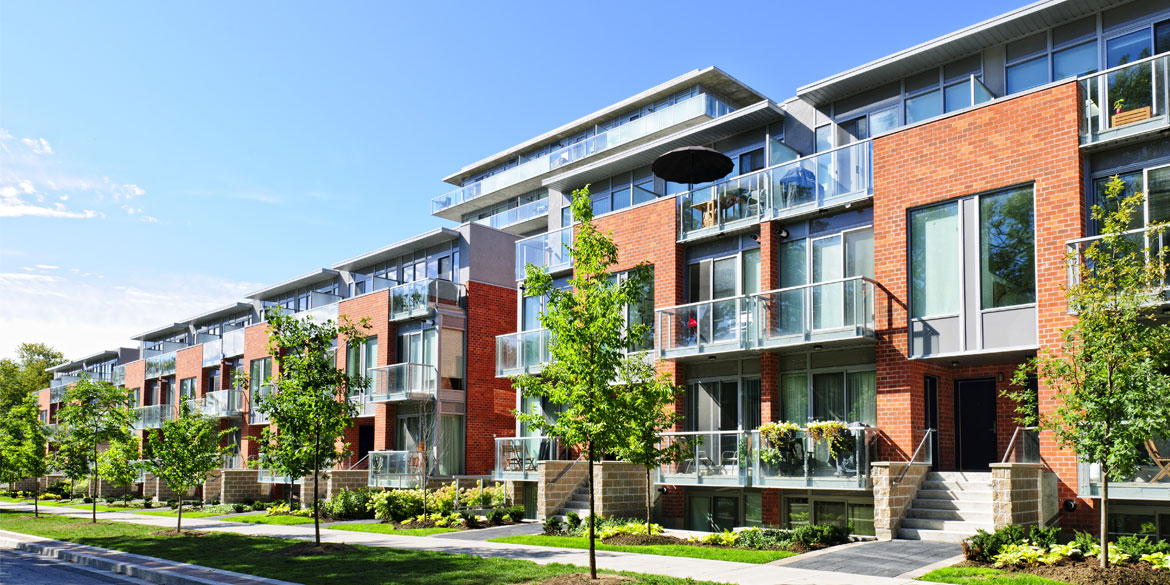
Freehold means that you will be the sole owner of the property as well as being the owner of the land the property sits on and is surrounded by.
This is often the preferred option for many buyers as you will not have to pay any additional ground rent or service charges on top of your monthly mortgage payments.
As the freeholder you will not have to rely on someone else to repair and maintain the building. You will also have more control over when repairs are made and managing the maintenance of the property to your own timescales and budgets.
As the freeholder you would be responsible for the ‘fabric of the building’ which consists of the roof, any internal and external communal areas and the exterior walls amongst others.
If the tenure of the property you are buying is leasehold then you are buying the right to use the property from the freeholder (the person who owns the building and land it resides on) for an agreed number of years. Flats and maisonettes are typically sold on a leasehold basis.
You are likely to be required to pay ground rent, maintenance fees and annual service charges most commonly on a monthly or annual basis; if this is not fulfilled then the lease can become invalid.
All leases differ so make sure you read yours thoroughly and understand your responsibilities as they can sometimes vary.
Leases can be as short as 40 years or as long as 999 years so always be sure to check, the longer the better! If you require a mortgage then the lease is usually required to be at least 80 years and if the lease has less than 80 years remaining then it can become more costly to extend. You can find out more about when to act on a lease extension here.
One final point is that you may have to gain permission from the freeholder, also known as the landlord, if you want to undertake any major works on your property such as replacing your windows or removing internal walls to adapt the layout of the property.
…..
Our general practice team works with both freeholders and leaseholders to provide valuations for residential lease extension, leasehold enfranchisement and commercial rent reviews and lease renewal purposes. Use our contact form to get in touch with the team to discuss your individual requirements.
If you found this article helpful and would like to receive more posts like this directly to your inbox, subscribe to receive our quarterly newsletter or follow us on twitter @KemptonCarr and like us on facebook to see them first.